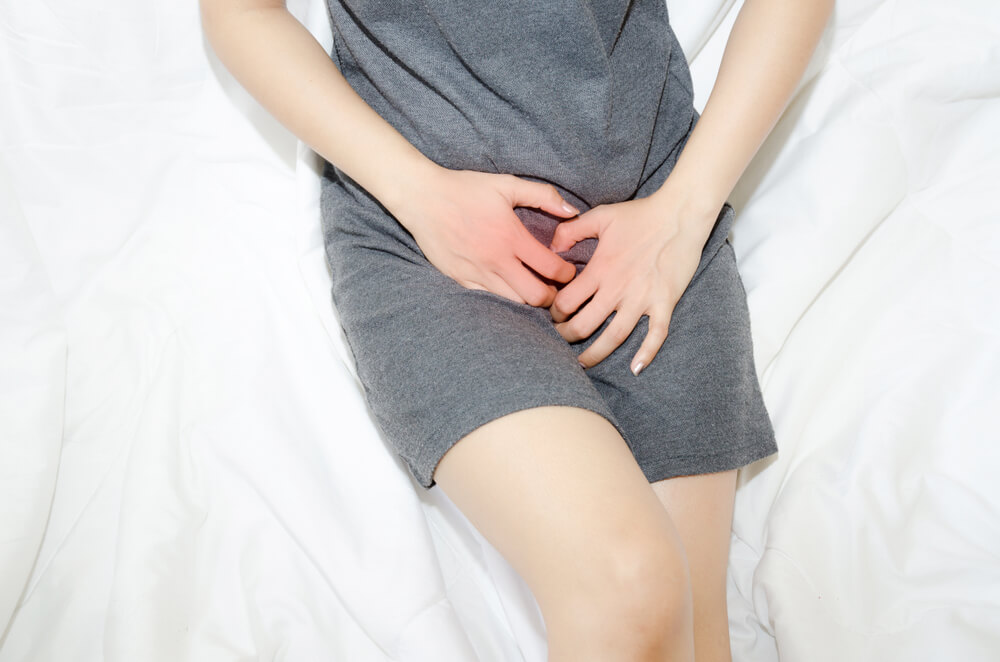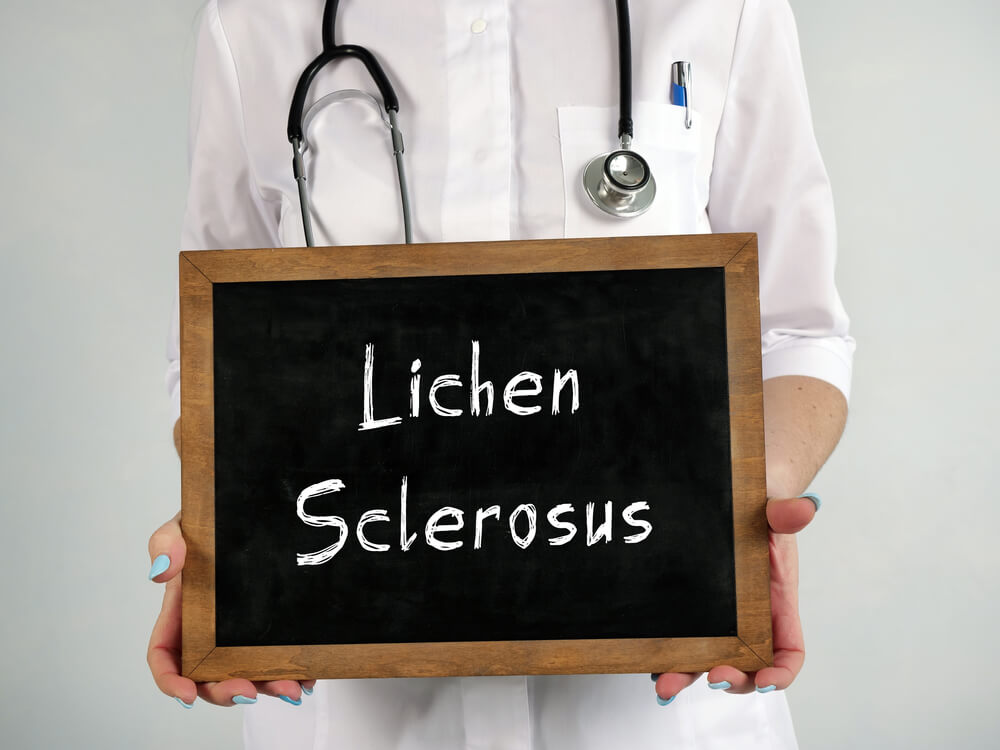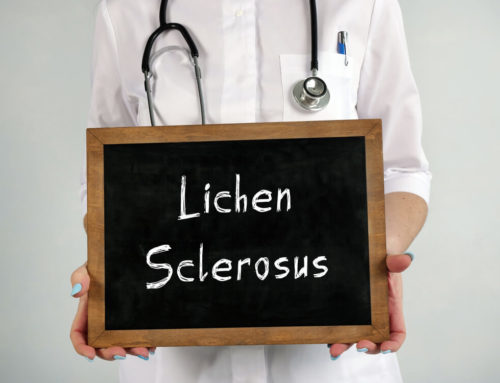What is Lichen Sclerosus?
Lichen sclerosus is a relatively rare long-term skin condition that mainly affects a patient’s genital areas. Typically, this condition is observed in the areas of the vulva in female children and women and the tip of the penis in boys and men. Lichen sclerosus most often affects prepubescent girls and post-menopausal women, but it can occur at any age. Statistically, lichen sclerosus affects one in a thousand female patients.
Although the exact cause of this skin condition remains unknown, experts classify it as an autoimmune disease. Overall, it is believed that lichen sclerosus has a genetic component and therefore runs in the family.
If you notice any signs or symptoms of this condition or if you feel worried you may have this condition, your first step should be to consult with a healthcare professional at a reliable clinic. If you are looking for the best experts in the industry, consult with New Age Women’s Health and get your health back on track.
In the sections below, you will learn more about the common signs, symptoms, and treatments of lichen sclerosus. Remember, never attempt to self-diagnose or self-treat any medical condition without consulting your doctor.
What are the Lichen Sclerosus Symptoms?

Be mindful of the following signs and symptoms. Although it is not always the case, often, it could be a sign that you have lichen sclerosus. These symptoms are typically observed on the skin of the anal areas and the genitals, but you may also notice them on your upper arms, upper body, and breasts. These symptoms include:
- Itching (from mild to severe)
- Redness
- Smooth white patches on the skin
- Bleeding or tearing
- Pain or discomfort
- Wrinkled and blotchy patches
- Painful sexual intercourse
- Blistering, bleeding, ulcerated sores (in more severe cases)
Remember that some people with lichen sclerosus may not experience any symptoms. In these cases, yearly visits with your gynecologist where a pelvic exam is performed can help diagnose the condition. You should also be aware that lichen sclerosus is often misdiagnosed. We always recommend seeking out advice and guidance from a professional, especially a gynecologist who specializes in vulvar skin disorders.
What are the Causes and Risk Factors of Lichen Sclerosus?
As mentioned, the cause of this skin condition is unknown. According to some experts, it may be caused by an imbalance of hormones or an overactive immune system. If you had skin damage in a particular area of your body previously, there might be a possibility that you will have lichen sclerosus in that area.
Remember, lichen sclerosus is not contagious. Also, you cannot contract it via sexual intercourse with an affected individual.
Typically, post-menopausal women are at the highest risk of having lichen sclerosus. Nevertheless, children (both girls and boys) and uncircumcised men are at higher risk of this skin condition as well.
What Are The Treatments for Lichen Sclerosus?
If you are diagnosed with lichen sclerosus, your healthcare professional will recommend treatment. Fortunately, the treatment of lichen sclerosus is relatively straightforward. The most common option includes corticosteroids. These steroids come in ointment or cream form and are applied directly to the genital area.
Women with lichen sclerosus are at an increased risk of squamous cell cancer of the vulva. Luckily, this increased risk is overall small, less than 5%. However, experts recommend that the treatment for lichen sclerosus is lifelong because of this increased risk.
Are There Natural Treatments for Lichen Sclerosus?
Due to its often unpleasant and distressing symptoms, patients frequently seek out natural treatments for lichen sclerosus. Unfortunately, there are no natural treatments proven to cure lichen sclerosus. While natural treatments may help ease symptoms like itching and buring, topical corticosteroids are the first-line therapies recommended by expert gynecologists to treat the condition.
Those diagnosed with lichen sclerosus should use lubricants during intercourse to prevent further irritation and should also avoid harsh soaps. Some also find relief with cool compresses or ice packs to the area as needed.
Is There a Cure for Lichen Sclerosus?

Unfortunately, there is no way to cure lichen sclerosus completely.
Where Can I Seek Out Help?
Choose a safe and trusted gynecology clinic with professionals specializing in skin conditions such as lichen sclerosus. Whenever you can, look for clinics with positive testimonials from patients. Always make sure that you turn to the right experts and that they have years of experience in treating patients just like you.
Give Us a Call Today
Regular appointments with your gynecologist are crucial for ensuring optimal health. If you are looking for top-grade results, consult with the best healthcare providers. Book your first appointment today.



